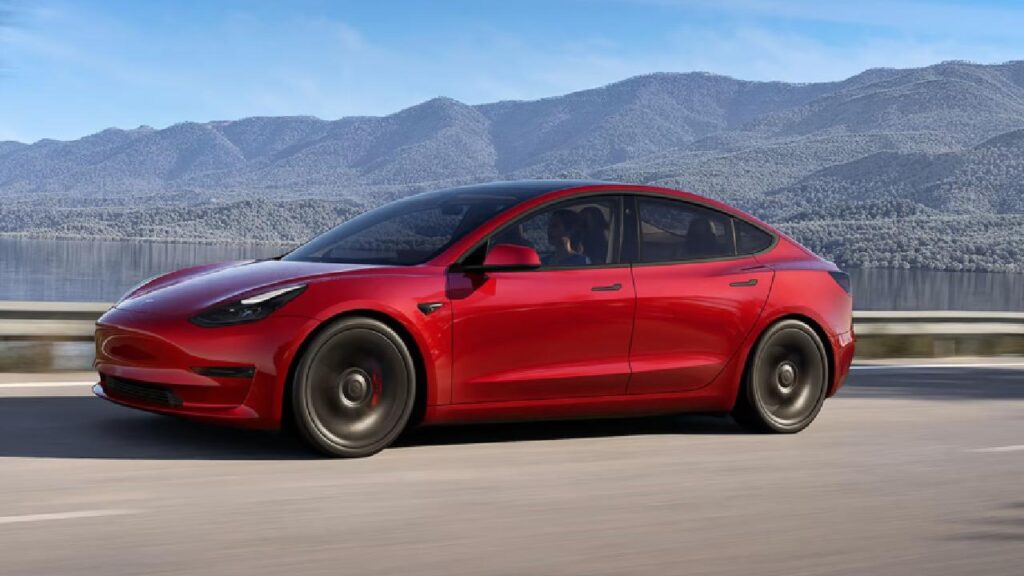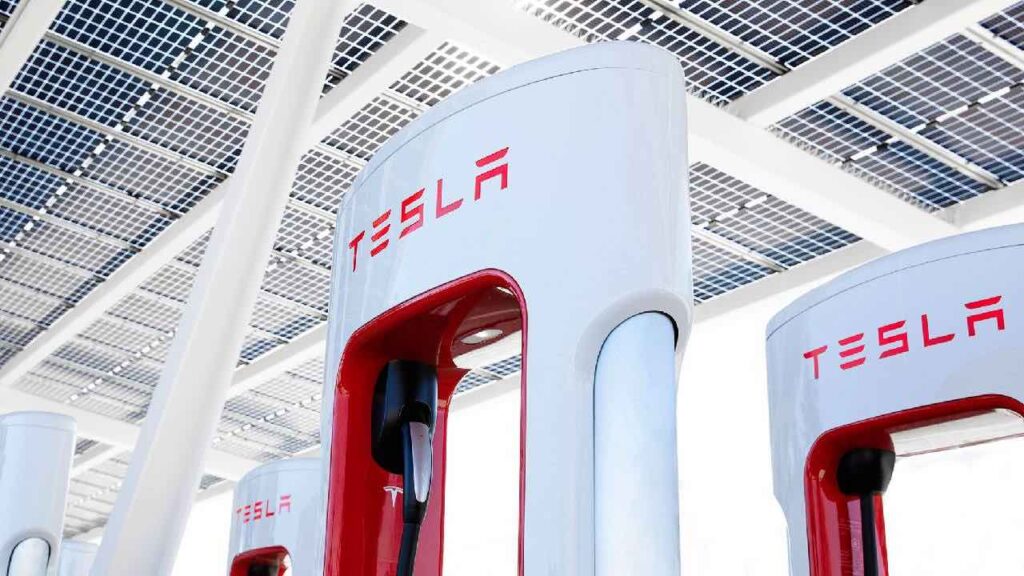Elon Musk has been a huge proponent of the Autopilot autonomous driving technology in Tesla EVs for a while now.
In shocking news, Tesla recalls 2 million cars following an investigation by NHTSA regarding Autopilot failure. Autopilot remains one of the top talking points with regard to the future of EVs, especially at Tesla. Elon Musk is a tech aficionado and his vision for fully self-driving cars is unequivocal. The American EV giant is constantly working toward achieving this ambitious target. But since the technology is prone to misuse, abuse and failures, there have been thousands of accidents involving Tesla Autopilot.
You might also like: $25,000 Tesla Model 2 Imminent with Expansion of Giga Shanghai

Tesla Recalls 2 Million Cars Over Autopilot Failure
The U.S. safety regulator, the National Highway Traffic Safety Administration (NHTSA), investigated around 1,000 crashes involving the Tesla Autopilot function. It believes that the system offers a false sense of security and can lead to misuse and abuse by drivers. This is especially true when the EV’s electronics struggle to navigate certain road conditions.
In response, Tesla intends to roll out a software update over the air. The purpose of this update is to offer clearer warnings to drivers when the Autosteer function is active, encouraging them to stay focused on the road. In fact, in the letter to Tesla, NHTSA said, “In certain circumstances when Autosteer is engaged, the prominence and scope of the feature’s controls may not be sufficient to prevent driver misuse [of the feature.]” It said that when drivers are not fully engaged and ready to take control of the car “there may be an increased risk of a crash.”
You might also like: Toyota to Launch Solid-State Battery by 2027 – Here’s The Problem
Process After Recall
Following the recall, Teslas equipped with Autosteer will now conduct more frequent checks on the driver’s attention level. Should the software detect signs of inattention, proximity to traffic controls, or attempts to navigate off the highway beyond Autosteer’s capabilities, it may disengage the feature. This proactive measure is designed to ensure that drivers remain alert and prepared to resume control promptly.
The NHTSA has been actively investigating accidents involving both Autopilot and Autosteer for a period exceeding two years. The recall announcement comes in the wake of an exhaustive investigation by The Washington Post, revealing serious accidents—some resulting in fatalities—where the Autopilot feature was improperly utilized.
While Tesla’s manuals stress the use of Autosteer on highways with a fully attentive driver, real-world incidents cast doubt on the efficacy of both Autopilot and Full Self-Driving (FSD) features. Tesla has previously faced interventions from the NHTSA, including a February recall involving 363,000 U.S. vehicles due to traffic law violations related to FSD.
You might also like: Porsche Macan EV Specs and Interior Revealed – Gets AR HUD
Learn Electric Cars Says
Now, we know that autonomous driving technology has been so much talked about in recent times. But we still are a fairly long time away from it becoming a reality. Companies like Tesla are working arduously toward achieving it. In the meantime, there is the reality of crashes which transpire due to technological failure, or perhaps, simply due to the drivers misusing it.
While designing self-driving capabilities, the companies will need to keep in mind such scenarios as well and devise measures to overcome them. Therefore, it would be interesting to witness how carmakers, car owners and the government deal with it. We must not forget that appropriate policies will also need to be in place to create a framework around the application of this technology.


Pingback: Rare Breed Trigger
Pingback: FRT Trigger
Pingback: Ford Everest
Pingback: once human hack
Pingback: ร้านเค้กวันเกิดใกล้ฉัน
Pingback: สํานักงานบัญชี
Pingback: Polka Dot Mushroom Bars
Pingback: dultogel
Pingback: วิธีคิดเงินบอลสเต็ป
Pingback: Diyala Info
Pingback: สกรีนแก้ว
Pingback: kc9
Pingback: สูตรสล็อตทดลองเล่นฟรี มีประโยชน์ในการเดิมพันอย่างไร?
Pingback: สีกันไฟ
Pingback: Fulfillment
Pingback: http://forum.elite-it.com/viewtopic.php?t=1654
Pingback: King Chance
Pingback: wing1688
Pingback: gubet
Pingback: vps forex
Pingback: แทงหวย